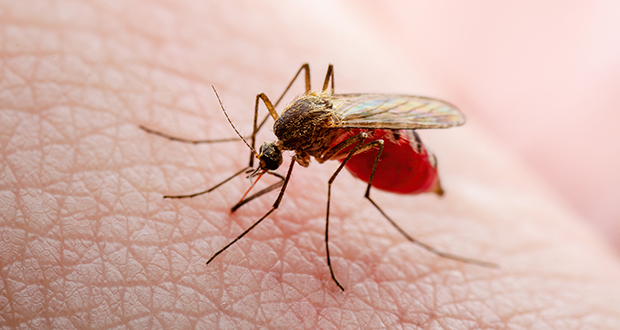Outbreaks of mosquito-borne illnesses are set to become more common in much of mainland Europe in the coming decades, writes Michael McHale T hey have long been considered tropical illnesses, found in far-flung countries that Irish people may visit once in a lifetime. However, vector-borne diseases – especially those transmitted by mosquitoes such as malaria and dengue – are set to become increasingly common in mainland Europe, affecting the holiday hotspots where Irish tourists can regularly be found. At the recent global meeting of the European Society of Clinical Microbiology and Infectious Diseases (ESCMID), the future landscape for such illnesses was laid bare.
In a Barcelona conference hall, clinicians from around the world heard how diseases once deemed ‘foreign’ to them may soon be landing at their doorstep with increasing regularity. “Global warming due to climate change means that the disease vectors that carry and spread malaria and dengue can find a home in more regions, with outbreaks occurring in areas where people are likely to be immunologically naive and public health systems unprepared,” warned Prof Rachel Lowe of the Catalan Institution for Research and Advanced Studies (ICREA). As a result, parts of northern Europe, Asia, North America and Australia are among the regions predicted to become affected by mosquito-borne diseases over the next few decades.

How the world responds to the climate crisis will be key to how much of a global health burde.
















